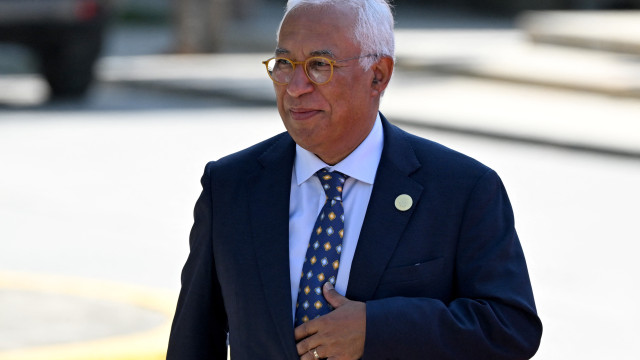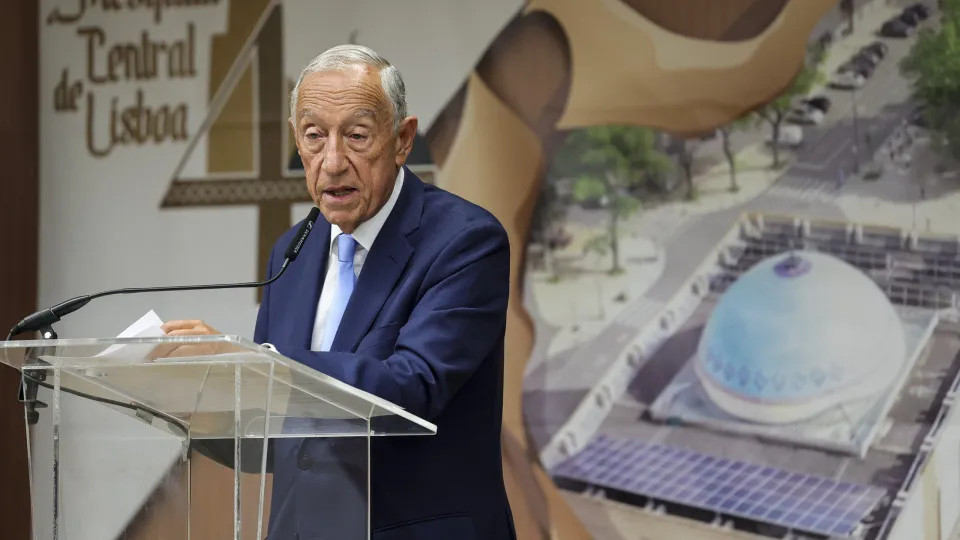This statement, sent to the Lusa agency, comes a day after it was reported that António Costa, former Prime Minister and now President of the European Council, has been requesting access to documents in which he is implicated for consultation for over a year. The initial request was submitted to the Public Ministry (MP) even before the case was declared under judicial secrecy in the Operação Influencer process.
“The combination of anonymous complaints, preventive inquiries publicized when of interest to investigators, selective leaks to media, and judicial secrecy turns the judiciary into a Kafkaesque instrument,” critiqued Ferro Rodrigues.
According to the former PS leader, “those who remain indifferent could be the next victim.”
On Friday, the MP stated that a request for consultation prior to the judicial secrecy in Operação Influencer is irrelevant to denying access to the documents by the former Prime Minister António Costa.
“Legally, once judicial secrecy is decreed, access to the process is no longer possible. Therefore, it is not relevant that before this, requests for access may have been submitted by procedural or non-procedural subjects,” explained the Procuradoria-Geral da República (PGR) in a response.

The former Prime Minister, António Costa, has had his requests for access denied to documents in which he is implicated in the context of Operação Influencer. Even though the first was made before the case was placed under judicial secrecy, the MP clarified that the decree automatically prevents “access to the process.”
Notícias ao Minuto with Lusa | 09:02 – 15/11/2025
On that day, the newspaper heard from the signatories of the Manifesto of 50, including Ferro Rodrigues, who consider it unacceptable that António Costa cannot consult the process in which he is being investigated.
A clarification published on Friday on the PGR’s official page by the Department of Central Investigation and Penal Action (DCIAP) recalls that the inquiry targeting António Costa remained with the MP alongside the Supreme Court of Justice (STJ) – where proceedings took place due to him being a Prime Minister in office under investigation – until April 10, 2024, having arrived at the DCIAP on April 12.
In the same clarification, DCIAP states that the MP’s decision to apply judicial secrecy to the inquiry “was judicially validated” and that “this inquiry is still subject to judicial secrecy, both internal and external, and therefore not open to consultation.”
According to the newspaper, the former Prime Minister has submitted four consultation requests, all denied.
At his request, António Costa was heard at the DCIAP by the prosecutor Rita Madeira as a declarant on May 24, 2024, without being made a defendant.
The Attorney General, Amadeu Guerra, stated on November 7 that the Operação Influencer process had a pending appeal in the Lisbon Court of Appeal regarding access to information in emails seized from lawyers, unaware that the appeal had already been decided in the Appeal, siding with the defendants and leaving the MP without access to those emails.
On November 7, 2023, five people were detained and subsequently released in connection with Operação Influencer, including the then-chief of staff of the former Prime Minister António Costa, Vítor Escária.
The suspicions involve criminal activities in the construction of a data center in Sines, in the Setúbal district, lithium exploration in Montalegre and Boticas, both in the Vila Real district, and energy production from hydrogen, also in Sines.
The case led to the downfall of António Costa’s Government (PS), with him now, as President of the European Council, being considered a suspect without being made a defendant.




